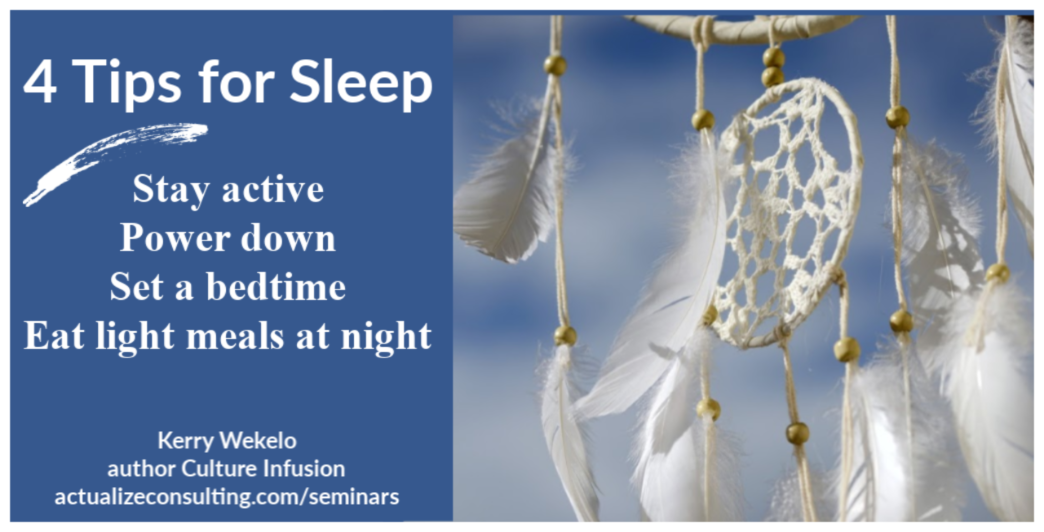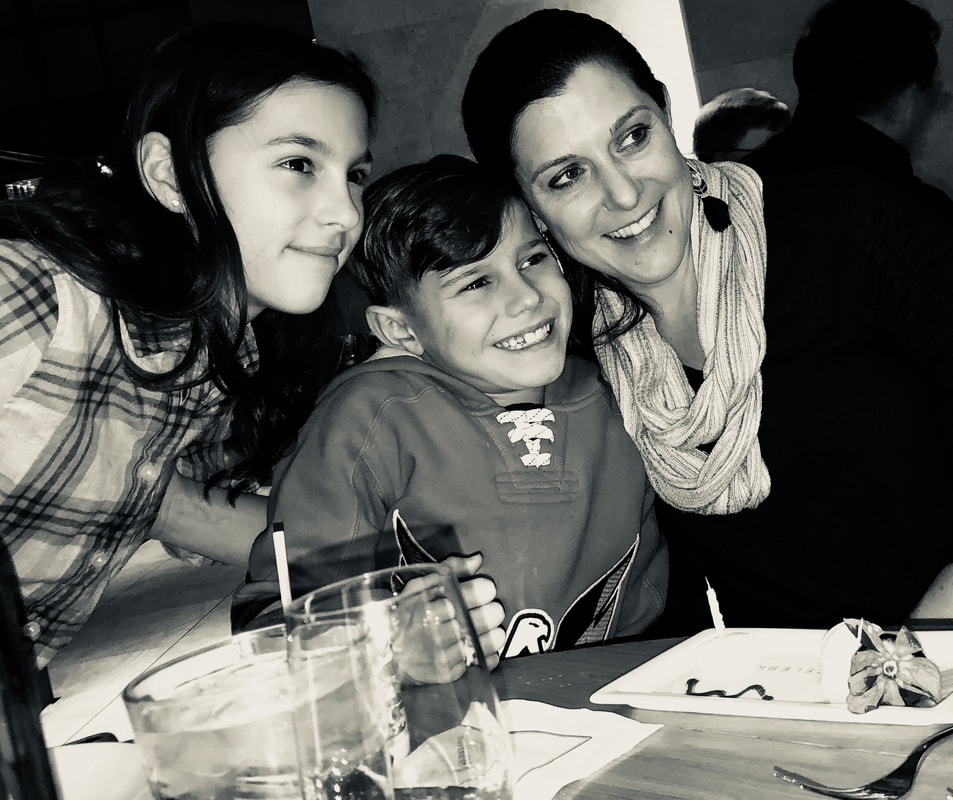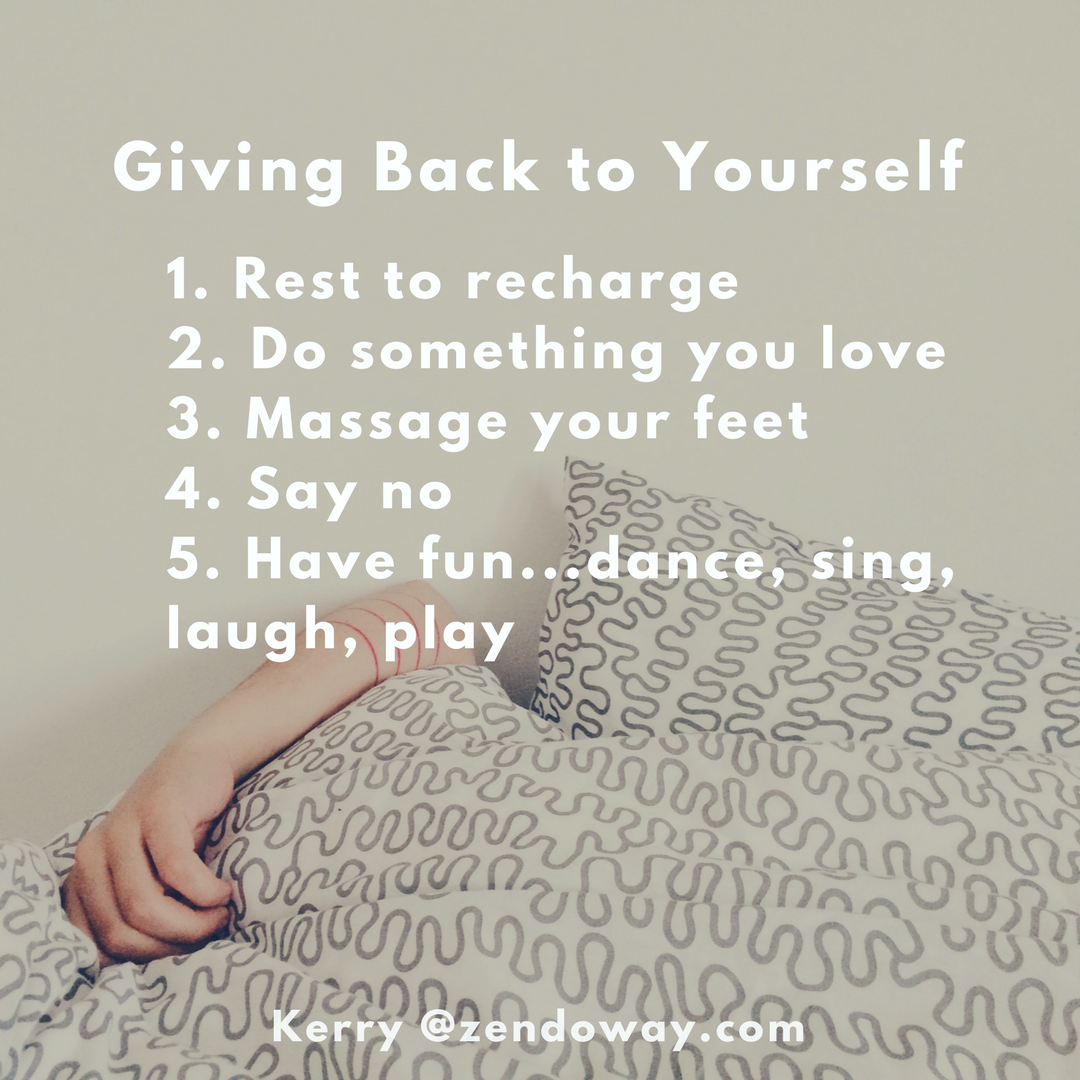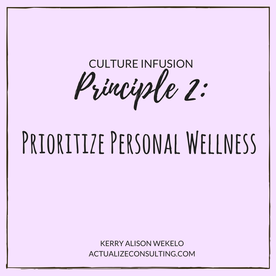Did you know that poor sleepers are more likely to have higher weights, a greater risk of heart disease, type 2 diabetes, and depression? Not surprisingly, lack of sleep also affects our emotions and social interactions as well. Think about it - the last time you got a bad night’s rest, were you fully present the next day? Were you more emotional or high-strung or stressed-out? Getting enough sleep improves our concentration, increases our productivity, and improves our immune function so we have the best capacity to be mindful in all of our interactions.
At Actualize after a recent wellness event, our team suggested we include sleep as one of the next topics. Most healthy adults need around 7-9 hours of sleep per night in order to function at their best capacity. Unfortunately, according to the most recent Gallup poll, around 40% of Americans fall short of that number, the national average being around 6.8 hours a night. No wonder our team wanted more tips to aid in their sleep.
Are you a part of this statistic? If you’re in need of more sleep, here are 4 things you can do to prioritize rest in your life:
1. Set a bed time: Try to stick to a schedule if you can – our bodies like structure. Once your body gets into a routine, you may find it easier to fall asleep around the same time every night.
2. Power down: Try your best to avoid electronics 30 minutes to an hour before you go to bed. The blue light can mess with our circadian rhythm, tricking our brains into thinking it is day time. If you can’t bear to part with your devices, play with the settings to decrease the amount of blue light it emits.
3. Avoid large meals late at night: While it’s an old wives’ tale that eating late at night can make you gain weight; it is true that eating a large meal could mess with your digestion and make you feel uncomfortable. Play around with an eating schedule that works for you, but you may want to explore taking a few hours off from eating close to your bedtime. If you do find yourself hungry, try a light snack instead.
4. Stay active: Incorporating joyful movement into our day can benefit all areas of our health, but especially our sleep habits. Exercise can help us burn off extra energy throughout the day. Just be careful to finish exercising 2 to 3 hours before bedtime or it may have the opposite effect.
How can you change your routine for better sleep?










 RSS Feed
RSS Feed